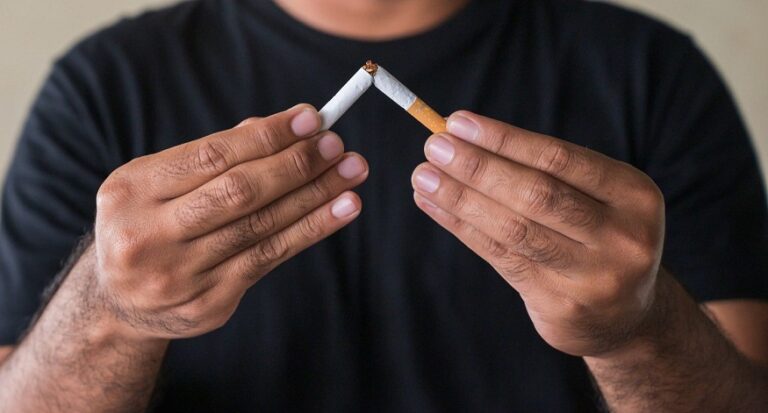
Alcohol, a depressant, slows brain function and disrupts mood regulation. Heavy drinking lowers brain stimulation levels, leading to hyperactivity when alcohol leaves the body, manifesting as tremors or shakes, often within 8 hours.
Even occasional heavy drinking, like binge drinking, can trigger “hangover shakes.” Such symptoms indicate potential physical dependency on alcohol, where reducing intake prompts withdrawal reactions, including alcoholic shakes and tremors.
Even if one does not identify as an alcoholic, these symptoms nonetheless call for attention because they point to alcohol abuse. You can take any loved one who is impacted by this to Detox to Rehab so they can receive the necessary care.
What are the symptoms?
If any of the following three or more symptoms of alcohol dependence is noticed, then the person needs medical treatment:
- Having trouble to limit how much the person drinks
- Signs of withdrawal
- Evidence of tolerance: the requirement for increasing amounts of alcohol to generate the same effects that were first induced by smaller amounts of alcohol.
- Putting off other pursuits, consuming alcohol, and recovering from its effects for longer periods of time
- Continuing to consume alcohol in spite of obvious negative effects, such as liver issues, depression, or memory issues.
It is necessary that the affected person must reduce and if possible, stop drinking in a systematic manner, when the person is addicted to alcohol. Often, the person may get withdrawal symptoms, which can sometimes be fatal, too. So, it is necessary to seek proper medical attention.
A few more signs to observe for alcohol withdrawal
When a person is suffering from alcohol shakes and tremors, then the physical symptoms of his alcohol withdrawal will include the following:
- Sweating
- Nausea
- Hallucinations (in severe cases)
- Seizures (in severe cases)
Psychological symptoms of alcohol withdrawal are the following:
- Depression
- Anxiety
- Irritability
- Confusion
- Insomnia and fatigue
Withdrawal symptoms may usually vary from one person to another and will mostly depend on factors like how much the person has been drinking and how fast he stops consuming or cutting down the alcohol consumption.
Alcohol shakes may also indicate that the person may need to withdraw from alcohol in a much safer manner, under the supervision of medical experts who can help him recover.





